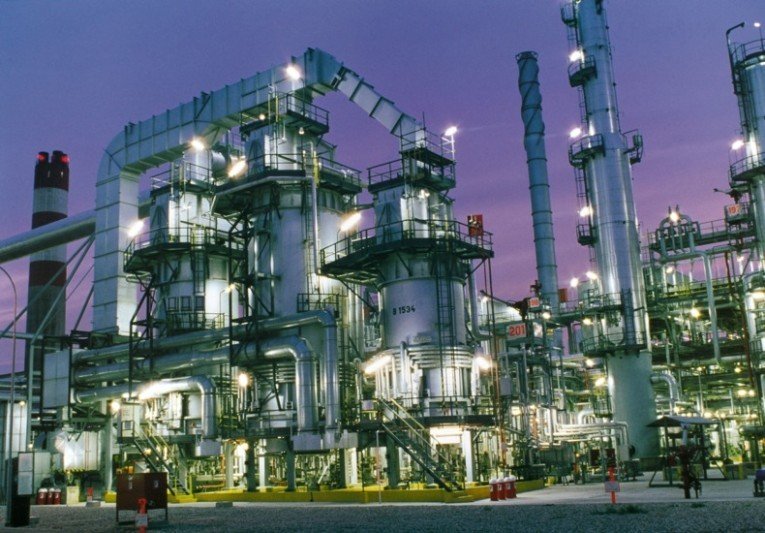
The Nigerian National Petroleum Corporation (NNPC) used to spend $1.8 billion on fuel importation quarterly, its Group Executive Director (Upstream) Rabi’u Bello has disclosed.
Bello, while briefing State House correspondents, yesterday, on the current nationwide fuel scarcity, put the monthly expenses on fuel importation at $600 million.
Also at the press conference were the NNPC Group General Manager (Public Affairs) Garbadeen Mohammed, GED/COO (Downstream) Henry Obih and GED/COO (Refineries) Anibor Kragha.
Bello said: “Spending on imports relies on two things: the volume and the price. As we speak today, a cargo of product of about 40 million litres will cost about $13 to $14 million. And we need about 45 to 50 million litres to satisfy the country, depending on the time and the condition of the country.
“So, if you assume that will cost about $16 million per day, it can also go up to $20 million, depending on the price. It means you need $20 million multiplied by 90 days for a quarter; that is $1.8 billion. So, this amount is required to import the country’s fuel requirement for one quarter. Every month, we need $600 million to import fuel. So, we need $1.8 billion to import the country’s requirement for one quarter.”
Bello apologised to Nigerians on the current fuel scarcity, assuring that the NNPC was working hard to get adequate supplies.
“Let’s start by tendering our apology and telling the people that we’re really doing the right thing. We’ve been working very hard. It’s supply issues that have been causing this problem, but we’re doing everything possible to end it. What we’re doing now is to ensure we get necessary supplies into the country, through imports and our refineries. As we speak today, we’ve five vessels serving products all over the country. And not only in Lagos, but also Port Harcourt, Warri and Calabar. Apart from these vessels discharging, we also have private sector people that imported and are discharging currently at least 120 million litres.
“Yesterday (Tuesday), we were pushing 960 trucks into the cities, but what was loaded out of the depots was much more than that. We’re now in a position to say that each state demands have been captured. We know their needs and we’re trying to ensure that all states are supplied. We are ready to be telling everybody in the country what we’re giving to every state everyday. The governors are being helpful; they’re helping with task forces to ensure these products are appropriately distributed. We’re trying to ensure that this happens and happens quickly.
“We’re working very hard to ensure that this does not happen again. We’re doing everything possible to have storage that will not allow us to experience this again. Once our depots are wet, it’ll not take anybody more than four hours to take the products from NNPC to any part of the country. And that’s what we’re concentrating on.
“In a very short while, the whole country will be wet. We now have enough supply. Port Harcourt Refinery is already delivering five million litres per day; that is more than 120 trucks. But that is not enough for Port Harcourt area and Bayelsa.”
Meanwhile, the Senate, yesterday, resolved to probe the Nigerian National Petroleum Corporation (NNPC) over the utilisation of the Joint Venture Cash Calls(JVCC).
The resolution was sequel to a motion sponsored by Senator Bassey Albert Akpan (PDP, Akwa Ibom North-east) on urgent need for effective implementation of the JVCC by the NNPC in accordance with Appropriation Act of the National Assembly.
Presenting the motion, Akpan lamented the persistent constraints by NNPC to meet its cash call obligations.
He said the situation has worsened the country’s crude oil production output and other activities in the oil and gas sector.
According to him, the current outstanding cash call obligations in the oil and gas sector stood at $6 billion.
Source: Daily Trust
